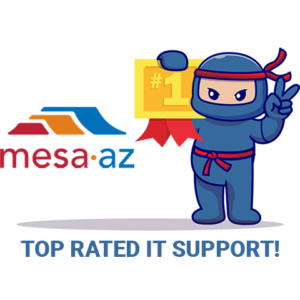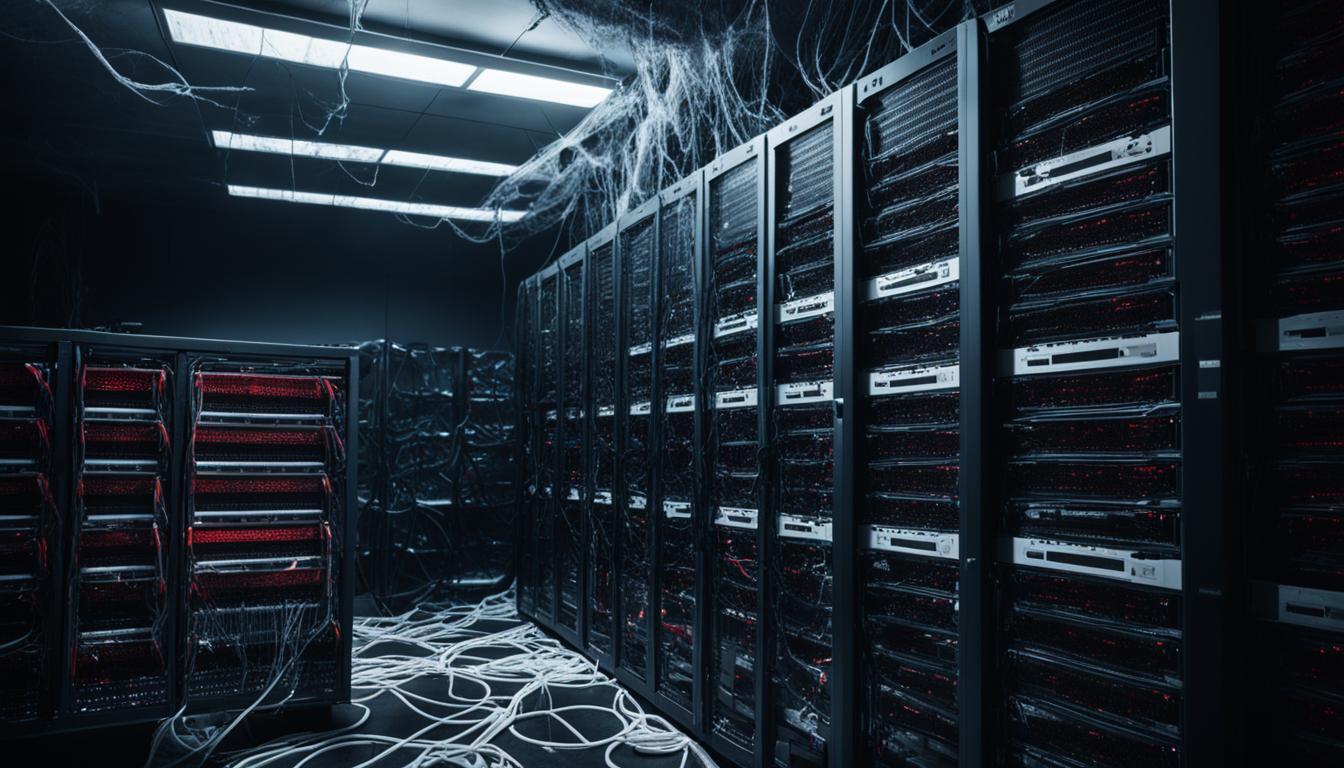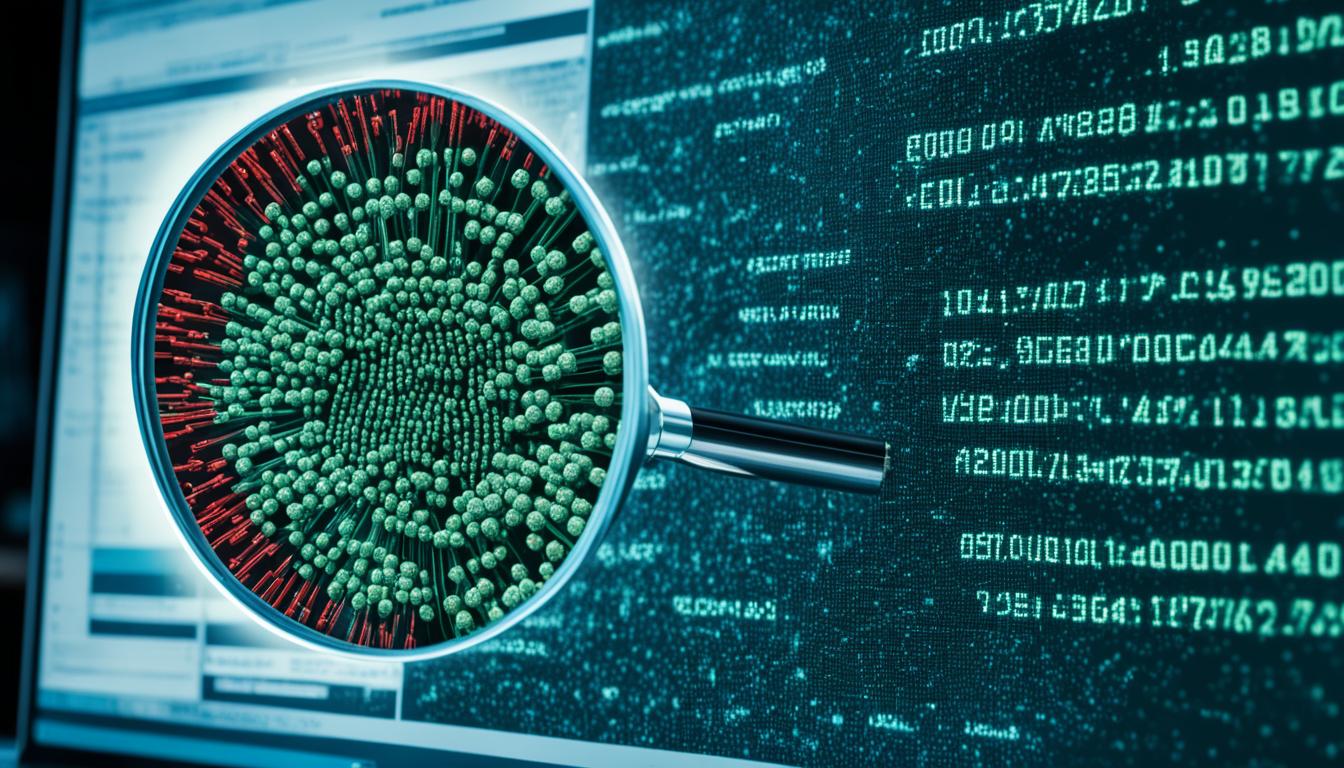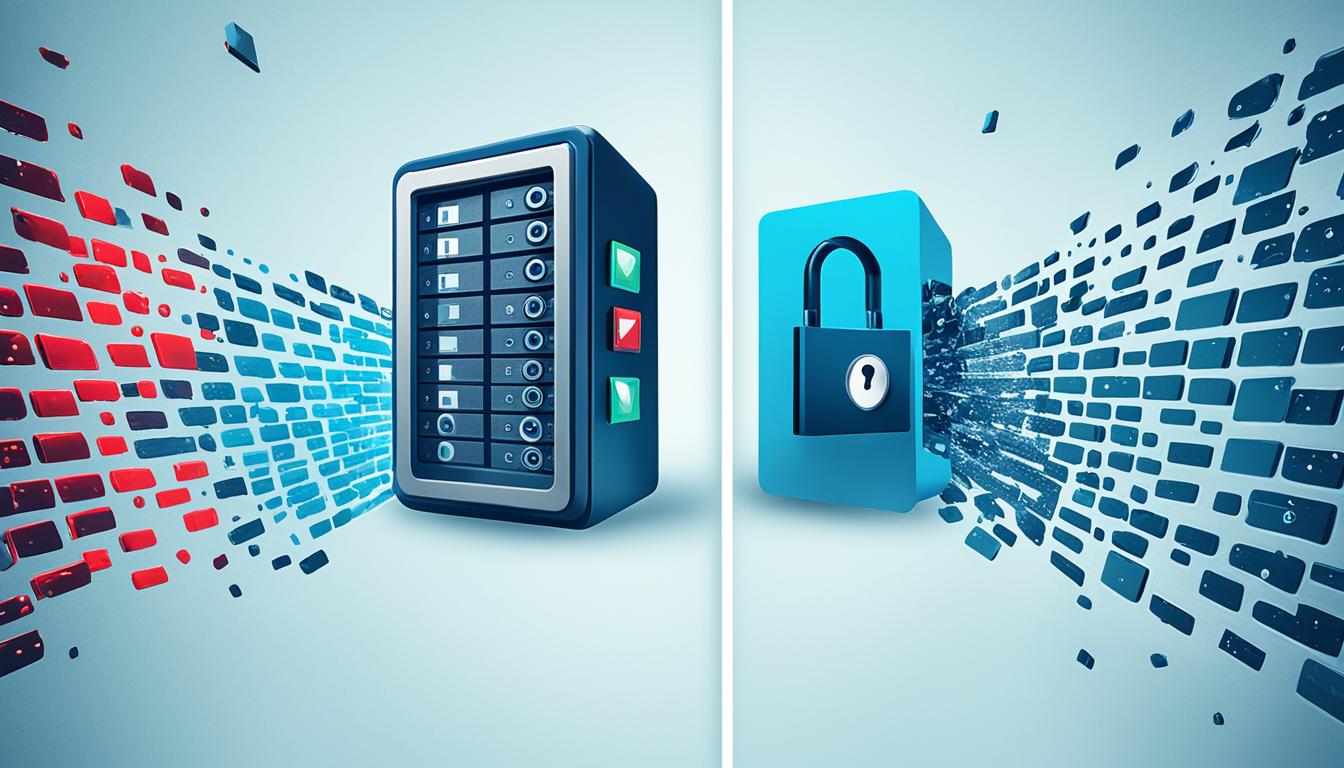Malware exists in various forms and each kind has unique functions, but some common characteristics allow us to recognize it easily.
Signs that a computer or mobile device may have been compromised with malware include pop-up ads, browser redirects and slow performance. Furthermore, malware can install additional programs and change settings on its host system.
Antivirus Software for Small Business Networks
Antivirus software is an essential defense mechanism against malware, viruses and cyberattacks. The program works by scanning files and programs for any signs of threat before blocking or removing them. Regularly updating virus definitions ensures that antivirus software can identify new viruses quickly before any lasting damage can be done by them.
Antivirus software can’t provide 100% protection; hackers are constantly finding new ways to bypass detection. Furthermore, viruses often mimic legitimate programs and use similar names; this makes the antivirus software susceptible to misidentifying them at times. Therefore, it is crucial that individuals practice basic safety online and exercise caution when downloading software.
An obvious sign of virus infections on computers is when they begin acting strangely, such as suddenly displaying unusual error messages, clicking keys at random or opening programs without your intervention. Furthermore, slower internet connectivity could also indicate infection with viruses.
Viral threats spread by attaching themselves to email attachments or file-sharing programs, so it’s essential that you avoid clicking pop-up advertisements and always scan downloaded files before opening them. It is also beneficial to limit how much personal data you share online as hackers could use this to gain entry to your account.
Once a virus infiltrates the host program, it can wreak havoc by copying itself and infiltrating other programs. Of particular concern are viruses that steal sensitive information; therefore it is wise not to open email from unknown senders or click links within suspicious emails.
A firewall is a software or physical barrier designed to stop hackers from breaking into devices. Hackers use the internet in much the same way telemarketers do – sending out thousands of pings at once in search for responses and hoping one lands on your device, giving hackers access to sensitive personal data that you might otherwise lose control over. A firewall keeps this from happening by stopping these pings reaching it and stopping hackers from reaching it in any case.
Firewall
Computer viruses are small programs designed to gain entry and damage a computer system. Usually spread via unsecure networks, drive-sharing software and infected email attachments, computer viruses can infiltrate files and damage programs – as well as potentially steal information and even take over entire operating systems! They can cause system crashes, reduced performance or hard disk failures.
Antivirus solutions for computers and mobile devices are widely available, including virus definition updates, regular scans and avoidance of suspicious websites as key measures to ward off infections. A firewall is another invaluable way of protecting against malware or viruses: its presence blocks suspicious data requests while keeping hackers at bay from accessing your system and taking advantage of your personal information.
Hackers and cybercriminals frequently create computer viruses to attack certain software or operating systems. Typically, these viruses spread without the knowledge of end users and take advantage of security vulnerabilities within existing programs to spread unknowingly from computer to computer. While updating operating systems and avoiding suspicious sites may help mitigate vulnerabilities to these threats, firewalls provide another layer of defense.
When a firewall detects an attempt at circumventing your defined cybersecurity rules, it will prompt the user to either approve or deny the request. As a best practice, unfamiliar requests should always be denied; otherwise the firewall will automatically deny them as per default settings on computer settings.
Signs of computer viruses typically include any unusual behaviors displayed by a computer, such as opening and closing files at random or showing errors not typically experienced. Unwanted changes to one’s homepage as well as pop-up advertisements from sites not wanted by the user could also indicate infection.
If a virus infiltrates your computer, the most effective means of eliminating it include using an antivirus program or Microsoft System Restore to roll back to a previous version of Windows. Once removed, delete any dates in System Restore which indicate when the virus was active to avoid accidental reinfection.
There are a few things you can do to check if your computer is safe from viruses:
- Run a virus scan. There are many different antivirus programs available, so you can choose one that you trust. Most antivirus programs offer free trials, so you can try them out before you buy them.
- Check your task manager. The task manager will show you all of the programs that are running on your computer. If you see any programs that you don’t recognize, it’s a good idea to do some research to see if they’re safe.
- Look for suspicious activity. If you notice any unusual behavior on your computer, such as pop-up ads, slow performance, or unexplained changes to your settings, it’s possible that your computer is infected with a virus.
- Keep your software up to date. Software updates often include security patches that can help to protect your computer from viruses. Make sure you install all of the latest updates for your operating system, web browser, and other software. If you’re still not sure if your computer is safe, you can take it to a computer repair shop for a professional inspection since we only work with small business owners. Here are some additional tips for keeping your computer safe from viruses:
- Be careful what you click on. Don’t click on links in emails or on websites unless you’re sure they’re safe.
- Download files from trusted sources only. Only download files from websites that you trust.
- Use a firewall. A firewall can help to protect your computer from unauthorized access.
- Use a secure password manager. A secure password manager can help you to create and store strong passwords for all of your online accounts.
- Be aware of the latest threats. Stay up-to-date on the latest virus threats so you can take steps to protect your computer.
By following these tips, you can help to keep your computer safe from viruses.
Email in Mesa, Arizona for Small Business
As with any email communication, when using email it’s vitally important to exercise caution when opening any attachment or link. Email-borne viruses have the ability to steal data, damage files and bring down systems if opened unwisely; hackers use infected emails as weapons in phishing attacks, business email compromise (BEC), whaling schemes and ransomware attacks.
Viruses spread from machine to machine through shared links, uploaded and downloaded files or compromised websites, or by people sharing files without proper antivirus protection. Some types of viruses include boot sector viruses which infiltrate the master boot record and can be difficult to delete; file infectors that infiltrate files whenever they are opened or closed; cluster viruses which change where files reside on your hard drive; overwrite viruses which overwrite file contents with their own code; overwriting viruses which replace files with their own; overwriting viruses replace original file content with their own code; overwrite viruses which destroy content with their own code; overwrite viruses which overwrite files with their own code; overwriting viruses destroy file content while overwriting viruses replace it with their own code; other dangerous malware include spyware which gathers demographic data about you while surfing online as well as ads which bombards you with popup ads.
Common indicators of computer viruses include sudden opening or closing behavior, unexpected error messages or clicking keys at random. Furthermore, if your device or network seems to be performing more slowly than normal it could also be affected by a virus infection.
Avoiding email viruses requires scanning any downloaded files with an antivirus solution and staying away from websites known to spread malware. A VPN (virtual private network) can also protect devices against online threats.
Reputable IT professionals like our experts at IT Ninjas in Phoenix can conduct an in-depth security evaluation and make recommendations to strengthen your cybersecurity. They will also advise on selecting suitable antivirus and firewall software and setting up regular scanning schedules.
Education of your employees on what to look out for when opening suspicious email attachments and links is the first step in protecting computers from viruses. Furthermore, avoid clicking pop-up advertisements, and always scan any downloaded files with an antivirus program before running them.

Websites Having Cybersecurity Issues & Viruses at your Business
Computer viruses have an insidious way of spreading, often hidden within videos, advertisements and links on websites. When clicked upon or downloaded as files from these sources, viruses can infiltrate and access personal data such as passwords from your system – making use of antivirus software, firewall protection and staying up-to-date can reduce this threat significantly.
Unusual changes to your computer could also indicate it has been infiltrated with a virus, for instance if programs close suddenly or your browser homepage changes without your notice or your PC starts running slower than usual compared to before, these could all be telltale signs that an infection has taken hold and is using memory and resources.
Fake virus warnings are all too often encountered online and often appear as pop-ups on computers or when opening programs. They claim your PC has been infected by malware or viruses and ask you to click a link or contact an unfamiliar number for protection – an action which legitimate security and virus scanning programs never request of their users.
Some viruses spread via email attachments or corrupt macros in programs; while worms and Trojans don’t need human involvement to spread – infecting computers without human interference. Once infected, viruses can steal files, spy on activities and even take over control of your computer to demand money or personal data from you.
If your computer becomes infected with a worm or Trojan horse, an antivirus program should immediately warn you. Unfortunately, however, malicious programs that masquerade as antivirus software and attempt to connect to remote servers in order to send or receive data can often pose as legitimate antivirus applications – making a firewall essential. It helps block attempts from outside networks coming in to connect and avoid potentially hazardous connections being attempted against it.
Maintaining an up-to-date browser, computer software and operating system can also protect against hackers taking advantage of old code flaws to exploit vulnerabilities and install viruses on your computer. Such viruses could even be hidden within websites you visit that will only become active upon interaction from you.





